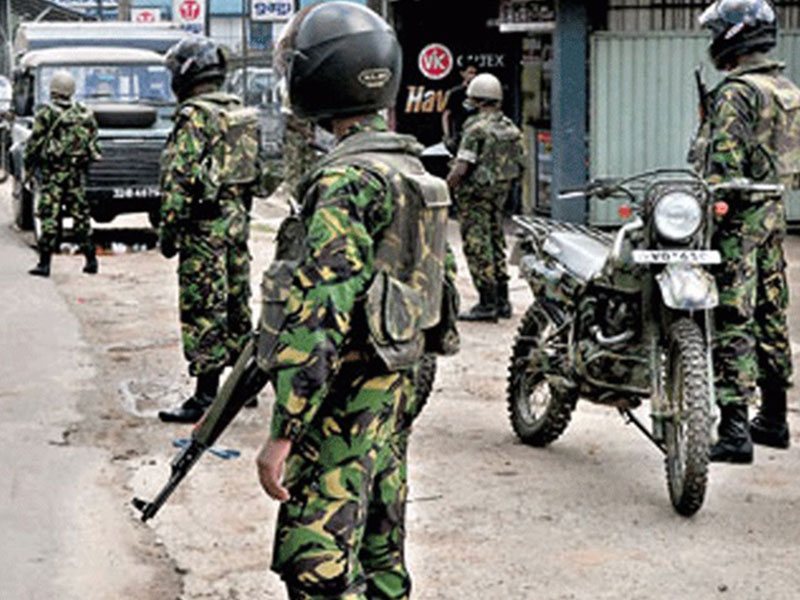Sri Lanka’s recent ‘Operation Yukthiya,’ designed to tackle drug use, has drawn sharp criticism from the United Nations’ human rights experts. This crackdown, marked by mass arrests, compulsory military rehabilitation, and reports of torture, has ignited concerns about a deeply flawed approach that prioritizes militaristic tactics over human rights and harm reduction.
Marginalized Communities:
The UN experts expressed alarm at the operation’s heavy hand, pointing towards thousands of arbitrary arrests disproportionately targeting marginalized communities. The forced entry into military-run rehabilitation centres, devoid of informed consent and rife with allegations of ill-treatment, paints a grim picture of a system prioritizing punishment over rehabilitation.
The report details disturbing accounts of torture and ill-treatment within these centers, further emphasizing the need for immediate reform. Such practices not only violate fundamental human rights but also perpetuate stigmatization and discrimination against drug users, hindering any effective path towards recovery.
The experts call for a fundamental shift in Sri Lanka’s drug policy, urging authorities to embrace a human rights-based approach centered on voluntary treatment, harm reduction, and community-based support. This approach prioritizes the autonomy and well-being of individuals struggling with addiction, fostering trust and cooperation instead of fear and coercion.
Militarization of Public Health:
The report highlights the detrimental role of the armed forces in drug control efforts, calling for their involvement to be terminated. Militarization of public health issues not only exacerbates human rights violations but also fails to address the root causes of drug use. Instead, investment in evidence-based treatment programs, mental health services, and socioeconomic support mechanisms are crucial for tackling the complexities of addiction.
Sri Lanka’s current legislation on drug offenses faces scrutiny, with experts urging a review to ensure alignment with international human rights standards. This includes prioritizing due process, fair trials, and the right to refuse unwanted treatment. Furthermore, the closure of compulsory rehabilitation centers and their replacement with voluntary, community-based services are advocated as essential steps towards a humane and effective drug response.
The UN experts’ call for transparency and accountability is vital. Independent investigations into allegations of torture and ill-treatment, coupled with swift action against perpetrators, are necessary to restore trust and rebuild a system that serves, not punishes, its citizens.
Sri Lanka’s ‘war on drugs’ stands at a crossroads. The path forward lies in embracing a human rights-centered approach, prioritizing health and well-being over force and punishment. Only by heeding the UN experts’ calls and reforming its policies can Sri Lanka truly tackle drug use while upholding the dignity and rights of its citizens.







